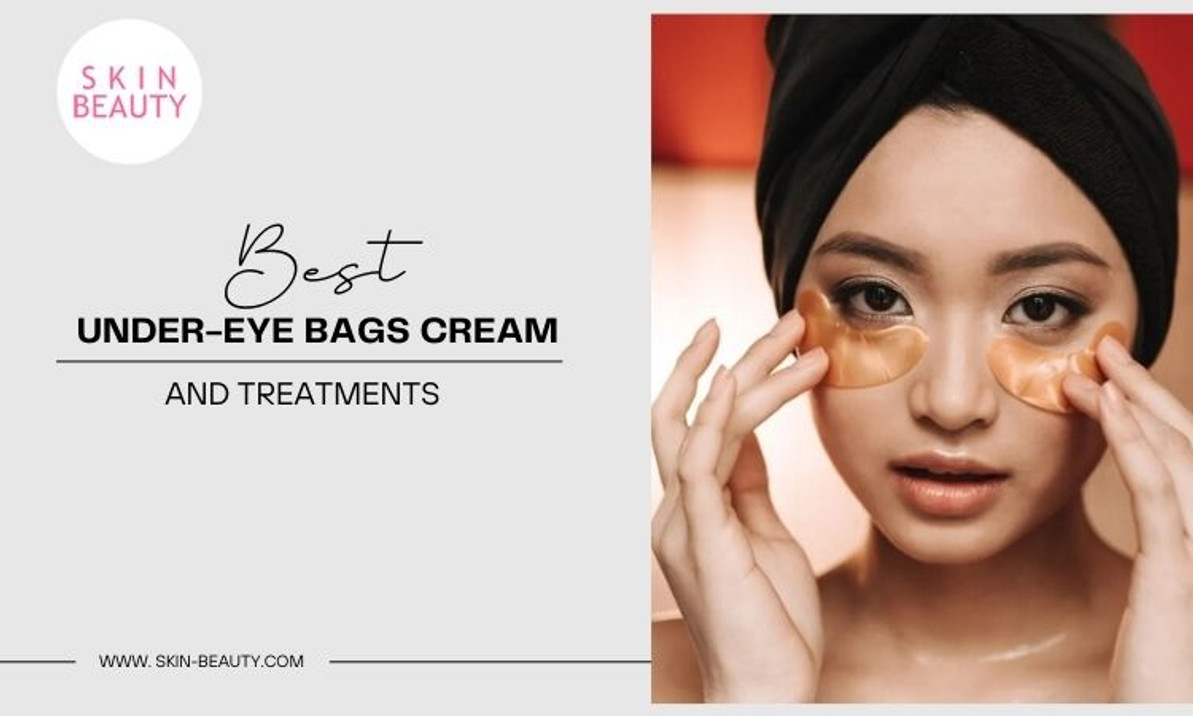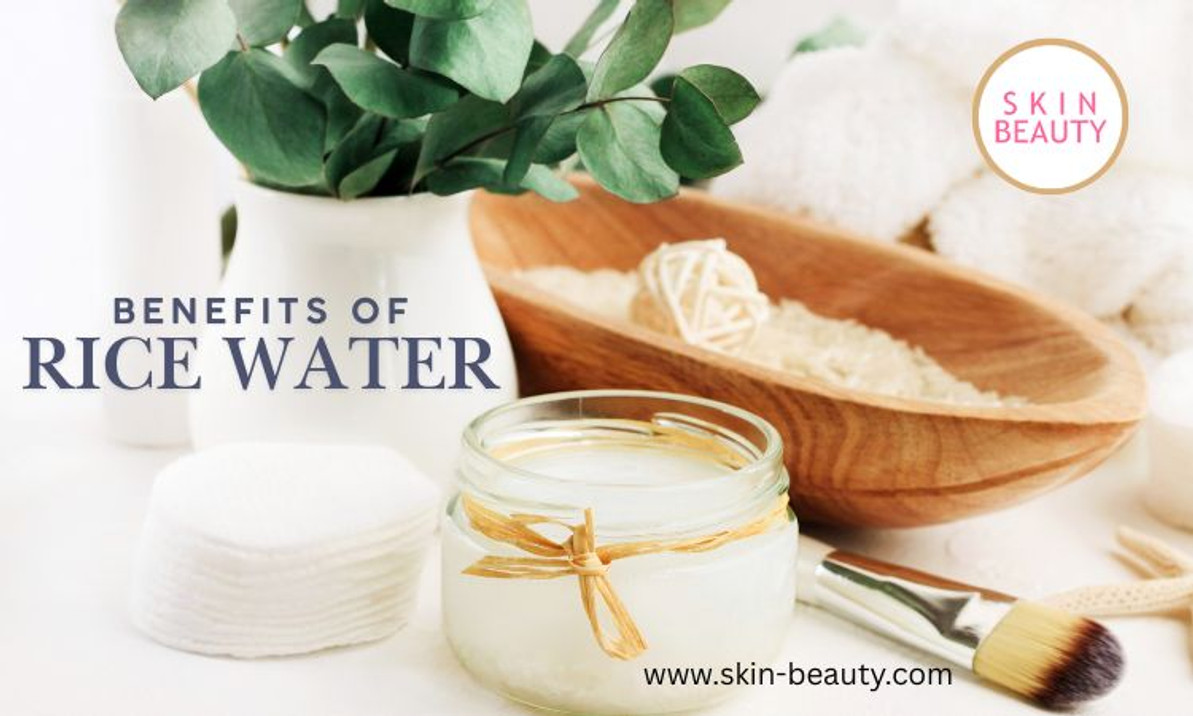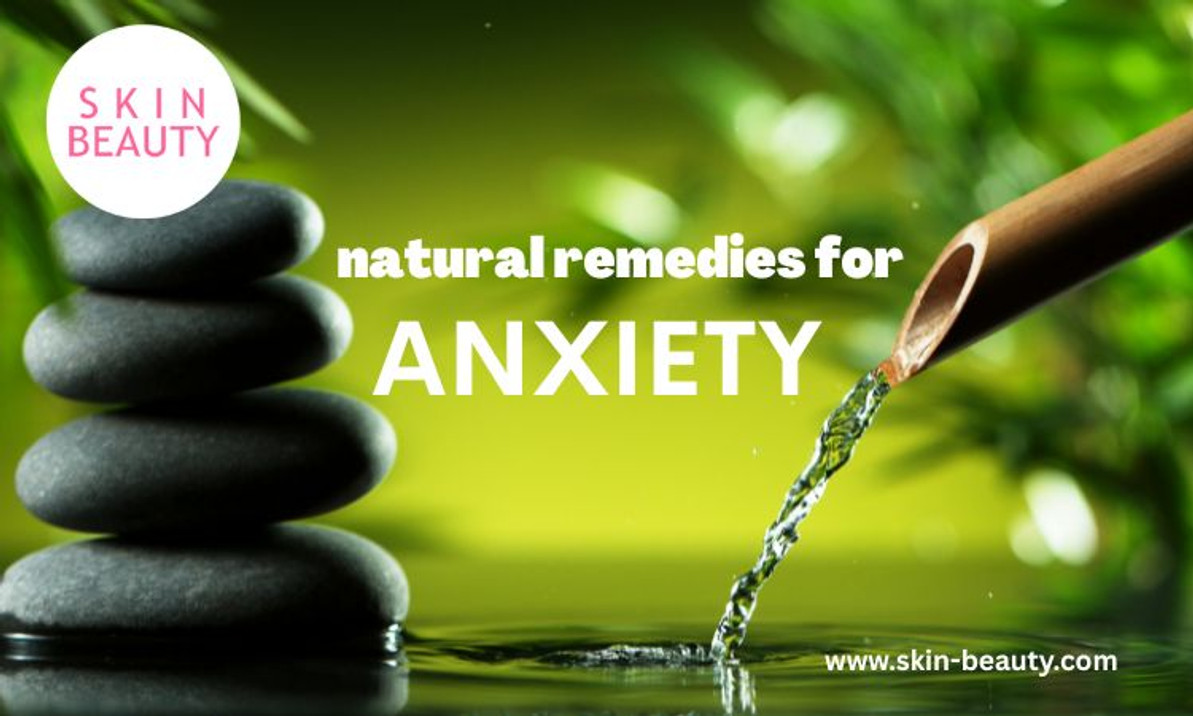What Does Primer Do?
What Does Primer Do? The Benefits of Makeup Primer Explained
Have you ever wondered, “what does primer do?” Why do professional makeup artists swear by makeup primer? A well-kept secret for achieving that flawless finish, makeup primer is the unsung hero of your makeup routine. Let us take you on a journey to explore the wonders of makeup primer and reveal its game-changing benefits for your skin.
Key Takeaways
- Makeup primer is essential for a flawless complexion, offering various benefits such as creating a smooth base and enhancing makeup longevity.
- Primer can help reduce shine and control oil, blur imperfections for refined look, provide color correction & SPF protection.
- Choose primers with beneficial ingredients like hyaluronic acid & avoid those containing alcohol or silicone to create healthy makeup look.
Understanding Makeup Primer: The Basics
Makeup primer, also known as face primer, paves the way for a picture-perfect complexion by:
- creating a smooth canvas on the skin
- sealing pores
- preventing shine
- enhancing the durability of your makeup
Whether you have oily, dry, or sensitive skin, everyone can enjoy the benefits of primer, as it keeps the skin hydrated and creates a smooth base for makeup application. So, why not join makeup artists worldwide in embracing this essential product?
Primer not only increases your makeup’s longevity and reduces the need for excess foundation, but it also addresses specific skin concerns like oily or dry skin. With plant-based emollients as excellent alternatives to Lanolin for skin conditioning and safety, you can find these natural ingredients in various makeup products, including primers and tinted moisturizers.

The Key Functions of Makeup Primer
Primer, a necessity for a beautiful look, smooths and blurs imperfections, enhances makeup longevity, and controls oil and shine. A mattifying primer, for example, can help you achieve a flawless look, make your makeup last longer, and keep your skin looking fresh all day by controlling oil and shine.
What attributes contribute to the primer’s versatility and effectiveness? Let’s explore its vital roles.
Smoothing and Blurring Imperfections
The magic of primer lies in its ability to create an even canvas for makeup application, allowing you to achieve a flawless complexion. By reducing the appearance of:
- pores
- fine lines and wrinkles
- balancing out skin texture
- softening imperfections such as blemishes and redness
Primer helps create a more refined and perfected look when you apply primer.
To achieve a smooth and flawless complexion, start by prepping the skin with a moisturizer, then apply a thin layer of primer to the face, focusing on areas with larger pores or more visible imperfections.
Makeup Longevity
Beyond creating a beautiful base, primer serves as a secret weapon in prolonging your makeup’s staying power. Products like Oil-Free Tinted Primer SPF 30 offer a makeup-skincare hybrid that doubles as a tinted moisturizer:
- Color-corrects and evens out skin tone
- Provides added skincare benefits, including vitamin C, skin-balancing niacinamide, and salicylic acid
- Offers SPF 30 protection
Additionally, hydrating ingredients like jojoba oil can help keep pores looking their best, preventing them from appearing larger.
Oil Control and Mattifying
For those with oily skin, primer is your best friend for achieving a matte finish and keeping your skin looking fresh all day. Here are some benefits of using primer:
- It forms a mattifying layer between the skin and makeup.
- It makes your foundation last longer.
- It blurs and softens pores.
- It absorbs extra oil with ingredients like kaolin clay and white charcoal.
Plus, primers containing salicylic acid help treat blemishes and control oil, providing a flawless canvas for makeup application while stopping natural oils from deteriorating the foundation.
Choosing the Right Primer for Your Skin Type

With an understanding of primer’s benefits, you’re ready to identify the ideal product for your needs. By considering your skin type (oily, dry, or sensitive/aging) and the type of primer you need (matte, hydrating, illuminating, or color-correcting), you can identify the ideal primer for your skin type.
To assist in your decision-making process, we’ll examine a selection of primers suitable for different skin types and designed to target specific skin concerns.
Primers for Oily Skin
When choosing a primer for oily skin, opt for oil-free and mattifying formulas. These products are specially designed to control oil and shine, ensuring your makeup stays put throughout the day.
To balance out oil production and keep your skin hydrated, consider primers with nourishing ingredients like jojoba oil, which can prevent the skin from becoming dehydrated and help control excess oil.
Primers for Dry Skin
For dry skin, look for hydrating and nourishing primers that provide a perfect base for makeup application. These primers can help reduce the appearance of dryness and flakiness while supplying the skin with the moisture and nutrients it needs to look and feel healthy and radiant.
Primers for Sensitive and Aging Skin
Sensitive and aging skin can benefit from primers containing gentle, anti-aging ingredients to keep your skin looking youthful and healthy.
Choose primers that are specifically designed to provide nourishing, protective, and anti-aging benefits, helping your skin look and feel its best.
Specialty Primers: Beyond the Basics

Beyond the numerous advantages of standard primers, specialty primers are tailored to address individual concerns, thereby enriching your makeup routine. From color-correcting to illuminating and eye makeup primers, these specialized products cater to your unique needs and help you achieve a truly customized look.
Color-Correcting Primers
Color-correcting primers are your go-to solution for neutralizing redness and discoloration. These primers contain pigments that help balance out redness and discoloration for a more even complexion. By brightening your skin tone, reducing the visibility of blemishes, and creating a flawless base for makeup, color-correcting primers can significantly improve your overall appearance.
Illuminating Primers
Illuminating primers are designed to give your complexion a luminous, radiant boost. These primers add a beautiful, subtle glow to the skin, perfect for special occasions or simply to brighten up a dull day.
Choose from top-rated illuminating primers like Laura Mercier Pure Canvas Illuminating Primer, By Terry Cellularose Brightening CC Serum, and Charlotte Tilbury Wonderglow Face Makeup Primer, which will give you a radiant and glowing complexion.
Eye Makeup Primers
Eye makeup primers are specifically designed to:
- Prep your eyelids
- Extend the wear of your eyeshadow
- Provide a smooth canvas for your eye makeup
- Help prevent creasing and fading
- Ensure your eye makeup remains vibrant and beautiful all day long.
Simply apply a small amount of eye primer before applying your eyeshadow for a flawless and long-lasting look.
How to Apply Makeup Primer Correctly

Applying primer correctly is crucial to maximizing its benefits. From prepping the skin to applying primer and layering makeup, proper primer application can make all the difference in achieving a flawless finish.
Let’s master the correct application of makeup primer for a beautiful, enduring result, with the guidance of a skilled makeup artist.
Prepping the Skin
Skin preparation with a cleanser, toner, and moisturizer is a vital step before applying primer. This skincare routine will ensure your skin is clean, refreshed, and hydrated, providing the perfect base for primer application. Don’t forget to allow your moisturizer to fully absorb into your skin before applying primer.
Applying Primer
When applying primer, you can use your fingers, a brush, or a sponge, focusing on areas with large pores or fine lines. Using your fingers helps the primer blend seamlessly into your skin for a natural finish. Remember to apply a thin layer of primer, giving it a few minutes to set before applying foundation for a flawless look.
Layering Makeup
After applying primer, it’s time to layer your makeup. Start with:
- Foundation
- Concealer
- Blush
- Bronzer
- Highlighter
Allow each product to dry before applying the next. This technique ensures a flawless finish and prevents your primer from being wasted.
So, go ahead and enjoy the beautiful, long-lasting results that primer can provide.
Ingredients to Look for and Avoid in Primers

Like any skincare or makeup product, choosing primers with beneficial ingredients and avoiding potentially harmful ones is vital. Let’s explore the ingredients you should look for in a primer and those you should avoid, ensuring the best results for your skin.
Beneficial Ingredients
The best primers are formulated with nourishing oils, antioxidants, and skin-soothing ingredients such as:
- Cyclopentasiloxane
- Dimethicone
- Hyaluronic acid
- Vitamin C
- Niacinamide
- Glycerin
- Coffee seed extract
- Retinyl palmitate
- Green tea
- Apple fruit extract
- Green algae
These ingredients offer numerous advantages, such as softening the skin’s surface, plumping up pores and fine lines, intensely hydrating the skin, enhancing texture, and providing anti-aging effects.
Ingredients to Avoid
In selecting a primer, avoid ingredients that may trigger irritation, dryness, or other adverse effects, such as alcohol, silicone, synthetic fragrances, and more.
By selecting primers with natural ingredients like plant-based oils and waxes, you can ensure a healthy and safe makeup look.
Summary
In conclusion, makeup primer is a game-changing addition to your makeup routine, offering numerous benefits such as smoothing and blurring imperfections, extending makeup longevity, controlling oil and shine, and catering to specific skin concerns. By choosing the right primer for your skin type and applying it correctly, you can achieve a flawless, long-lasting makeup look with ease. So, why not give primer a try and experience the remarkable difference it can make in your makeup routine?
Frequently Asked Questions
Do you really need primer?
Primer is not a must-have in everyone's makeup bag, but for those who are prone to oiliness, enlarged pores, or redness, it can be extremely helpful in creating an even base and prolonging the wear of your makeup. Ultimately, it all depends on your skin type and desired skin finish.
What does a primer do for your face?
A primer helps your makeup look smooth and stay put, giving you an even complexion and a radiant glow. It also hydrates and moisturizes your skin for added benefits.
Do you put moisturizer or primer first?
When it comes to your skincare routine, applying moisturiser before primer should be your number one priority. This will ensure that the moisturiser has time to absorb into the skin and help keep it hydrated, enabling you to apply primer for a flawless look.
Can I use primer without foundation?
Yes, you can definitely use primer without foundation to give your complexion a beautifully glowing look.
How do I choose the right primer for my skin type?
Choose the best primer for your skin type by considering its type (oily, dry, sensitive/aging) and what you need from it (matte, hydrating, illuminating, or color-correcting). Optimize your look by selecting the right primer for your skin!
Recent Posts
-
Best Under-Eye Bags Cream and Treatment
Best Under-Eye Bags Cream and Treatment Do you have the dreaded under-eye bags that make you lo …Apr 14th 2025 -
Rice Water for Skin Benefits
Rice Water for Skin Benefits Rice water for skin has become a viral beauty trend that is suppos …Apr 4th 2025 -
Natural Remedies for Anxiety
Natural Remedies for Anxiety Everyone experiences anxiety symptoms every now and then. We live …Mar 28th 2025




